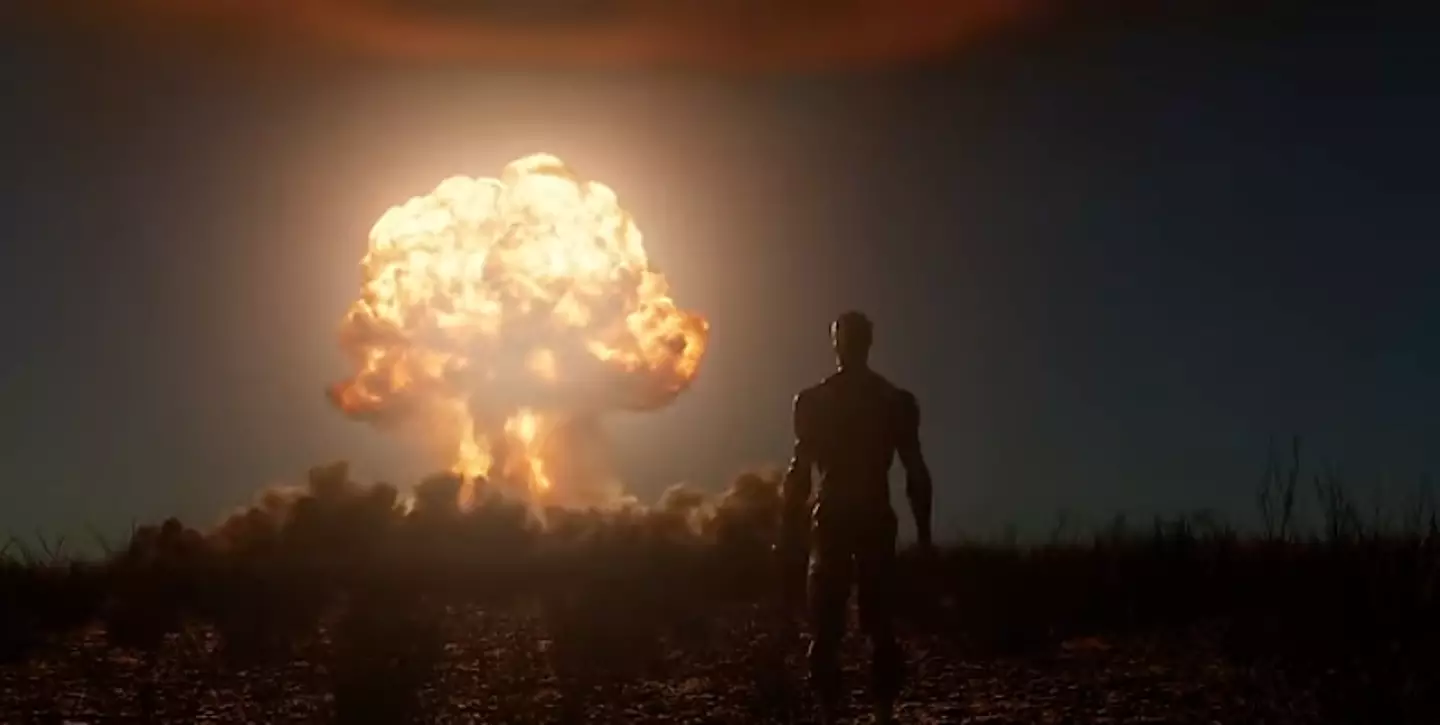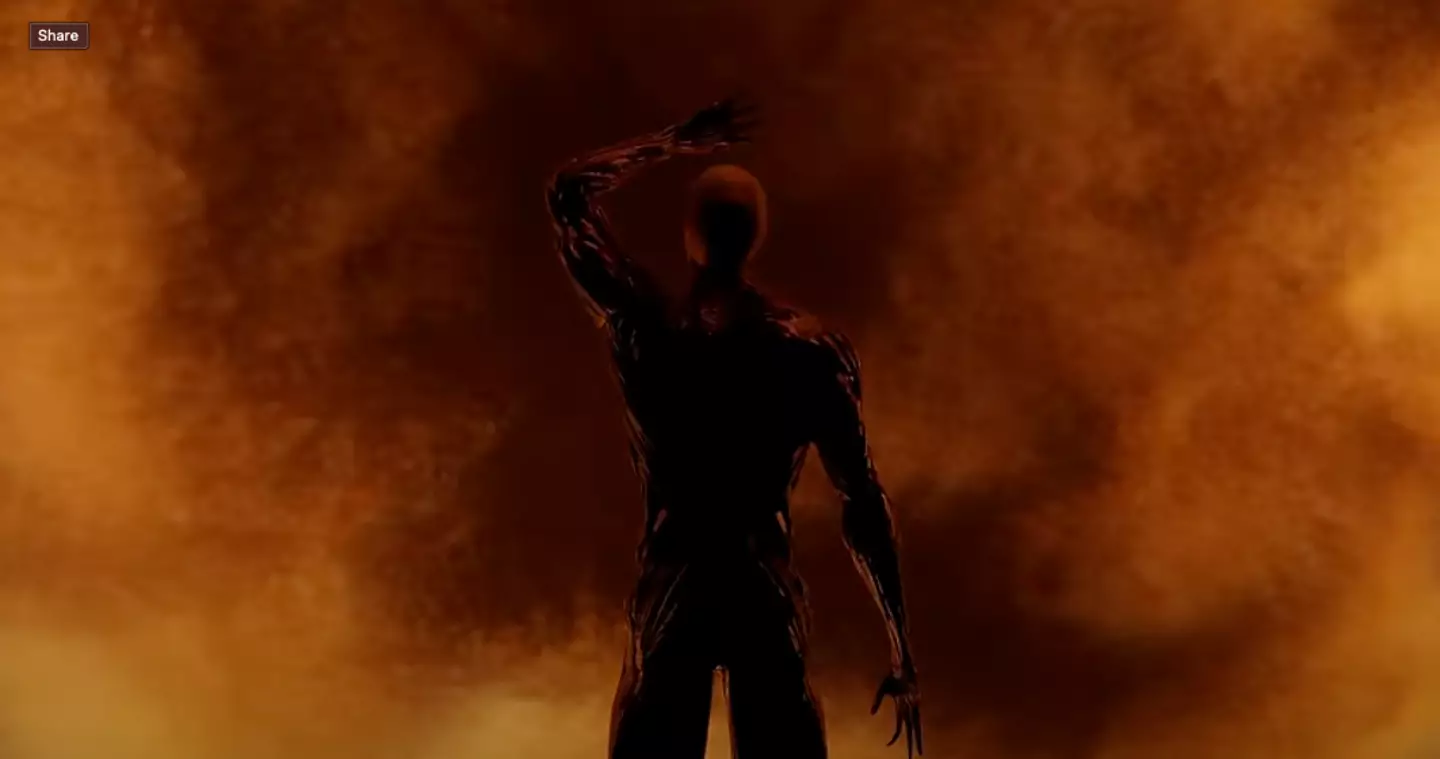Just in case you were wondering exactly what happens when you get vaporised by a nuclear blast
Disturbing video describes the precise injuries that would be inflicted on the human body in the various blast zones of a nuclear explosion.
While it’s obvious that being right at the centre of the blast would result in instant death, if you’re located further away things are not so quick.

The simulation places someone at various distances from the explosion and describes the injuries you might expect to sustain, and if you would survive.
And a fair warning, this is going to get very grim.
In the video the example given is the Trinity Test – an explosion equivalent to 20 kilotons of TNT which in nuclear terms is tiny.
It begins with zone 1, around 1.27km from the centre, where the worst injuries you could expect would be ‘light blast damage’.
This might sound like getting off scot free, but in reality it means being permanently blinded if you happen to be looking at the blast from burnt out retinas.
Prior to the shockwaves, nuclear blasts give off a huge amount of intense light and heat.
You can see the results of this in photos of Hiroshima where shadows of people caught in the blast were scorched onto the buildings behind them.
At this distance, you could also have second degree burns and hearing loss.
In zone 2, you have a pulse of thermal radiation causing third degree burns and ear drum rupture.
Third degree are the burns which completely destroy your nerves, so at least you wouldn’t feel the pain! Or anything else, for that matter.
This brings us to zone 3, which has ‘heavy blast damage’ and where death is more or less guaranteed.
It includes fourth degree burns, which are the most severe, as well as internal haemorrhaging and traumatic brain injury.
In zone 4, close to the fireball, you are incinerated alive and dismembered by the shockwave. At least it would be quick.

Finally, we have the fireball itself where what’s left of you will be carried off when the wind blows and infect crops and fields with radioactivity.
Of course, as shown in graphic detail in the 1984 British Australian film Threads, those people who are vaporised in the initial stages of a nuclear war are the lucky ones.
The movie goes into horrifying detail about the collapse of society in the UK after an international nuclear exchange.
This sees Britain wracked by food riots, military authoritarianism, and even the destruction of language and communication itself, as education breaks down and the country is forced back to subsistence farming.
The final shot of a woman living in this grim post-apocalyptic world screaming in horror at the sight of her stillborn child really hammers home that instant disintegration is probably the best option in nuclear armageddon.